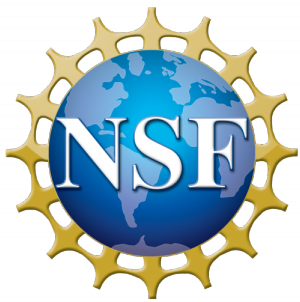January 1st, 2007 | RESEARCH
In this article we report assessment results from two studies in an ongoing design experiment intended to provide a single school system with a sequence of secondary school level (ages 14–18) computer technology courses. In our first study, we share data on students’ learning as a function of the required introductory course and their pre-course history of technological experience. In order to go beyond traditional assessments of learning we assessed two aspects of students’ “ learning ecologies”: their use of a variety of learning resources and the extent to which they share their knowledge about technology with others. In our second study we present patterns of course taking by male and female students who have almost completed their secondary schooling. In addition, we share case studies of students who elected to take more technology classes and leveraged their course experiences for internships, further education, and jobs. The quantitative and qualitative data are consistent with our hypothesis that students would become more technologically fluent and that their learning ecologies would diversify as a result of their project-based experiences.
Document
(no document provided)
Team Members
Brigid Barron, Author, Stanford UniversityCaitlin Martin, Author, Stanford University
Eric Roberts, Author, Stanford University
Citation
Identifier Type: issn
Identifier: 0957-7572
Identifier Type: doi
Identifier: 10.1007/s10798-006-9002-4
Publication: International Journal of Technology & Design Education
Volume: 17
Number: 1
Page(s): 75
Related URLs
Tags
Audience: Youth | Teen (up to 17)
Discipline: Computing and information science | Education and learning science | Technology
Resource Type: Peer-reviewed article | Research Products
Environment Type: Informal | Formal Connections | K-12 Programs | Media and Technology | Websites | Mobile Apps | Online Media

